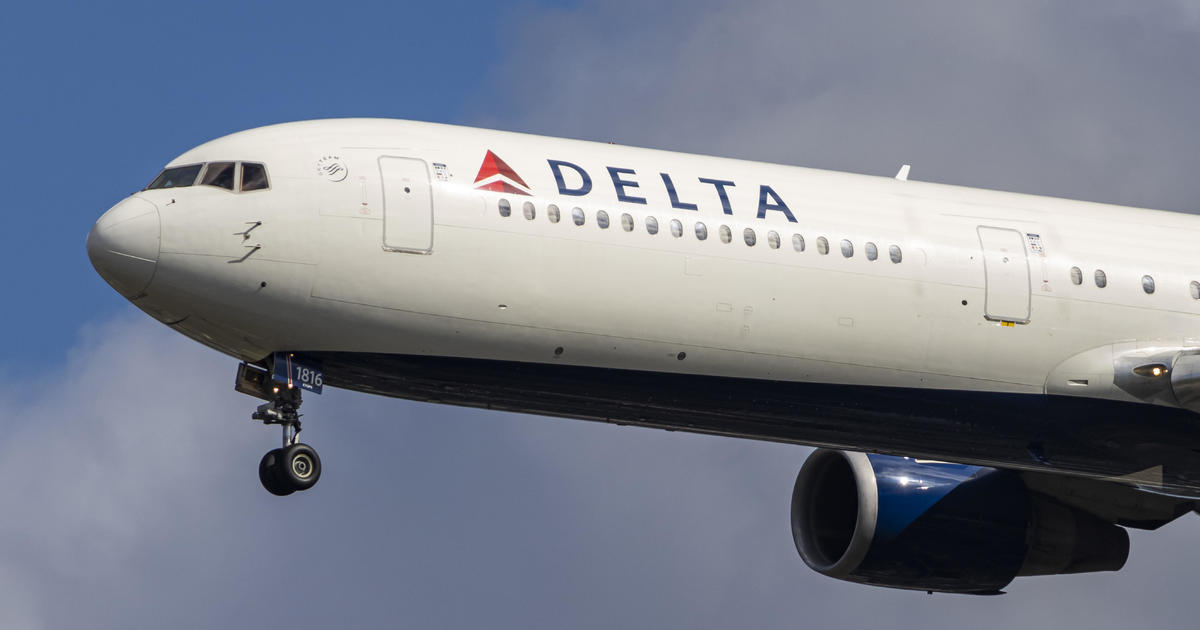Delta Air Lines faced a significant setback over the weekend when a food safety issue led to the closure of its meal service facility at Detroit Metropolitan Airport (DTW). This closure resulted in the denial of meal service on over 200 flights departing from Detroit, impacting thousands of passengers. While the airline acknowledged the food safety concerns and reassured passengers about the temporary suspension, the incident raises concerns about the effectiveness of food safety protocols and highlights the potential consequences of compromised food standards.
FDA Inspection and Food Safety Concerns
The closure of Delta’s DTW meal service facility stemmed from a routine inspection by the Food and Drug Administration (FDA). The FDA discovered a “food safety issue” during the inspection, prompting the airline to immediately cease hot food production and suspend all activities at the facility. Delta, in collaboration with its catering partner, acknowledged the gravity of the situation and moved swiftly to address the food safety concerns. The airline highlighted its commitment to passenger safety and emphasized its collaborative approach with the FDA.
Impact on Flight Operations and Passenger Experience
The shutdown of the meal service facility had a direct impact on passengers flying out of Detroit on Delta flights. Passengers were denied hot meals on over 200 flights, and the airline offered limited food alternatives, such as snacks and beverages. Passengers expressed frustration and inconvenience due to the lack of hot meals, particularly on long-haul flights. Delta, acknowledging the inconvenience, assured passengers that the issue was being addressed and that meal service would be restored soon.
Steps Taken by Delta
Following the closure of its DTW facility, Delta took immediate steps to rectify the situation and ensure passenger safety. The airline suspended all activities at the facility and partnered with its catering partner to re-evaluate and improve its food safety protocols. Delta implemented new measures to manage hot food production and provisioning for onboard meals, leveraging other facilities to cater to its Detroit flights. The airline also reassured passengers that necessary precautions were being taken to ensure the safety of food served on flights.
Repercussions of Food Safety Issues
This incident highlights the significant impact that food safety concerns can have on the aviation industry and passenger experience. The recent incident involving moldy chicken served on a flight from Detroit to Amsterdam resulted in an emergency landing, showcasing the potential for food safety issues to escalate into flight safety hazards.
Ensuring Food Safety in Airline Catering
Food safety is a crucial aspect of air travel, and ensuring food quality is essential for passenger well-being. The airline industry, including catering partners, has a responsibility to adhere to strict food safety regulations and implement robust protocols. This incident emphasizes the importance of continuous monitoring, routine inspections, and proactive measures to prevent food safety issues.
Takeaway Points
This incident involving Delta’s food safety issue in Detroit highlights the importance of stringent food safety protocols and proactive measures to ensure passenger well-being. Key takeaways include:
- Importance of Robust Food Safety Protocols: Airline catering operations must implement robust and comprehensive food safety protocols that adhere to industry best practices and regulatory standards.
- Continuous Monitoring and Inspection: Regular inspections by agencies like the FDA are crucial to identify potential food safety issues and prevent them from escalating.
- Collaboration and Transparency: Airlines must work closely with catering partners, regulatory bodies, and authorities to address food safety concerns and ensure transparent communication with passengers.
- Proactive Measures for Food Safety: Preemptive steps, including routine sanitation practices, proper food handling procedures, and temperature control, are essential to minimize the risk of foodborne illness.
- Passenger Health and Safety: Maintaining a safe and healthy environment is paramount for airlines and catering companies. Food safety issues can have detrimental impacts on passenger health and reputation of airlines.
This incident serves as a reminder of the ongoing importance of food safety in the aviation industry. It emphasizes the need for vigilance, collaboration, and continuous improvement to ensure passenger safety and provide a positive travel experience.




